Sonnen has unveiled its new residential battery system, the sonnenBatterie Evo, specifically designed to meet the standards and conditions of antipodean markets. The lithium-iron-phosphate battery is sonnen’s first outdoor home battery solution and has 10 kWh of usable storage capacity, includes backup power, a black start feature, and boasts easy installation.
Nathan Dunn, who has been the CEO and Managing Director of sonnen Australia since 2018, last year took on the global position of Chief Commercial Officer at sonnenGroup, meaning one of the German company’s highest ranking executives is now based Sydney, Australia. Dunn said with the Evo battery, sonnen is shifting towards a more responsive product development strategy and moving away from its earlier centralised approach.
“The fact we’re talking sonnenBatterie Evo is the influence the team has been able to have over the global development process,” Dunn told pv magazine Australia. “Instead of designing products which we think will work, what we should be doing is asking markets and people who will be using the products: ’what do you need?’”
“Thinking about the development of our products going forward, there is a distinct possibility that sonnenBatterie Evo will be the basis by which new devices get designed,” Dunn added.
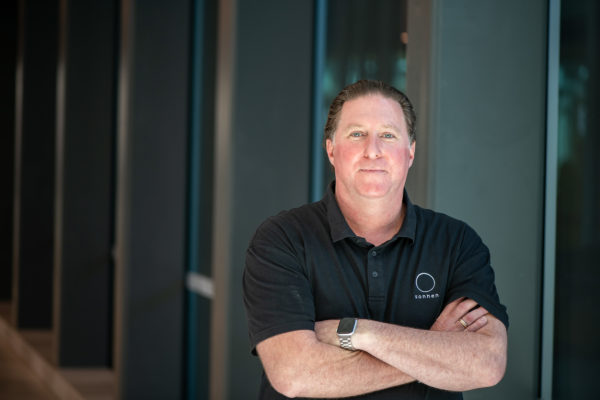
Photo: pv magazine/Dave Tacon
Responding to Australia’s market needs
Unlike Europe, Australian standards mean many residential batteries installed here are mounted outside the home. Until now though, sonnen has only offered indoor rated devices – obviously limiting its potential.
“The market has been telling us for a while now that the European designed devices that we’ve been selling in the marketplace may not be the best suited for the environment,” Dunn said. “It’s important that we actually look at the market requirements for Australia and develop products that better fit.” Its new Evo battery addresses this key issue, adhering to the IP56 outdoor rating so the battery can be installed both outdoors or indoors, also complying with the AS/NZS 5139 standard.
“The other piece of feedback we’ve been getting is that it would be nice for sonnen to have a higher output from a backup perspective, so we’ve shifted to 5 kW continuous and 7 kW surge [capacity],” Dunn said. “The device fits in the sweet spot from a kilowatt hours perspective, so it’s 11 kWh and 10 useable kWh.”
Given that energy insecurity is among the leading reasons Australians install home batteries, Evo also features a ‘black start’ function, meaning it can reboot an AC coupled PV system in case of a blackout. “Black start is not a new development for sonnen, but we made sure we got it into sonnenBatterie Evo because… we wanted people to be able to take full advantage [if] the grid goes down,” Dunn said.
The Evo battery has also been designed with installation in mind. Its integrated power unit gets shipped inside the battery cabinet “so all the installer has to do is run a few cables to connect it and then install the battery modules,” Dunn said. This, he added, also makes the batteries easier to service, should anything go wrong.
Price point
Dunn said sonnen plans to “hold market price” for its new Evo battery, keeping it “relatively the same” as older generations.
While retail prices vary between installers and states, he said customers should be looking at something between $12,000 to $14,000 for the fully installed battery which comes with a 10 year warranty.

Image: sonnen
Australia’s testing conditions
With decades of experience under his belt including roles at Enphase, LG Electronics, and General Electric (GE), Dunn echoed a widely-shared sentiment that Australia is an ideal launchpad for fresh products. “Australia was always seen as a great test market for new products,” he said.
Beta installs of the sonnenBatterie Evo have been happening in Adelaide, Dunn said, during which time the city has weathered massive storms preceded by temperatures of 36°C. “The conditions of the environment down here definitely do a good job of testing the sturdiness of products you want to launch.”
Beyond physicality though, Evo’s launch is consequential for sonnen conceptually. The company has pulled on its considerable resources in the development of the battery. “We as a business here in Australia didn’t do it in isolation,” Dunn said. “We’ve got an R&D facility in the U.S. who have had a big hand in pulling this together. We’ve then leveraged the R&D and production team in Germany and the team locally have been very focused on providing the design and for the requirements for the market for it to be a successful product.”
Which is to say the company has poured considerable effort into bringing Evo into a market where only a fraction of residential solar systems installed today are coupled with batteries. “Regardless of the size of the market, Sonnen still believes [Australia] is an important market and it’s worthwhile us taking this step in the development of our generational products,” Dunn said.
It seems the battery launch is itself a trial of a new approach. “[The company] is pushing more towards a key focus of mine which is essentially that as a business we drive customer-centricity,” Dunn said. With offices in Germany, Italy, Australia, the UK and the USA, sonnen could be on the precipice of offering region-specific products and will be no doubt be keenly watching the reception of the sonnenBatterie Evo here in Australia.
The new Evo battery is available for preorder now and will be entering the Australian market in earnest “sometime” in Q1, 2022.
This content is protected by copyright and may not be reused. If you want to cooperate with us and would like to reuse some of our content, please contact: editors@pv-magazine.com.
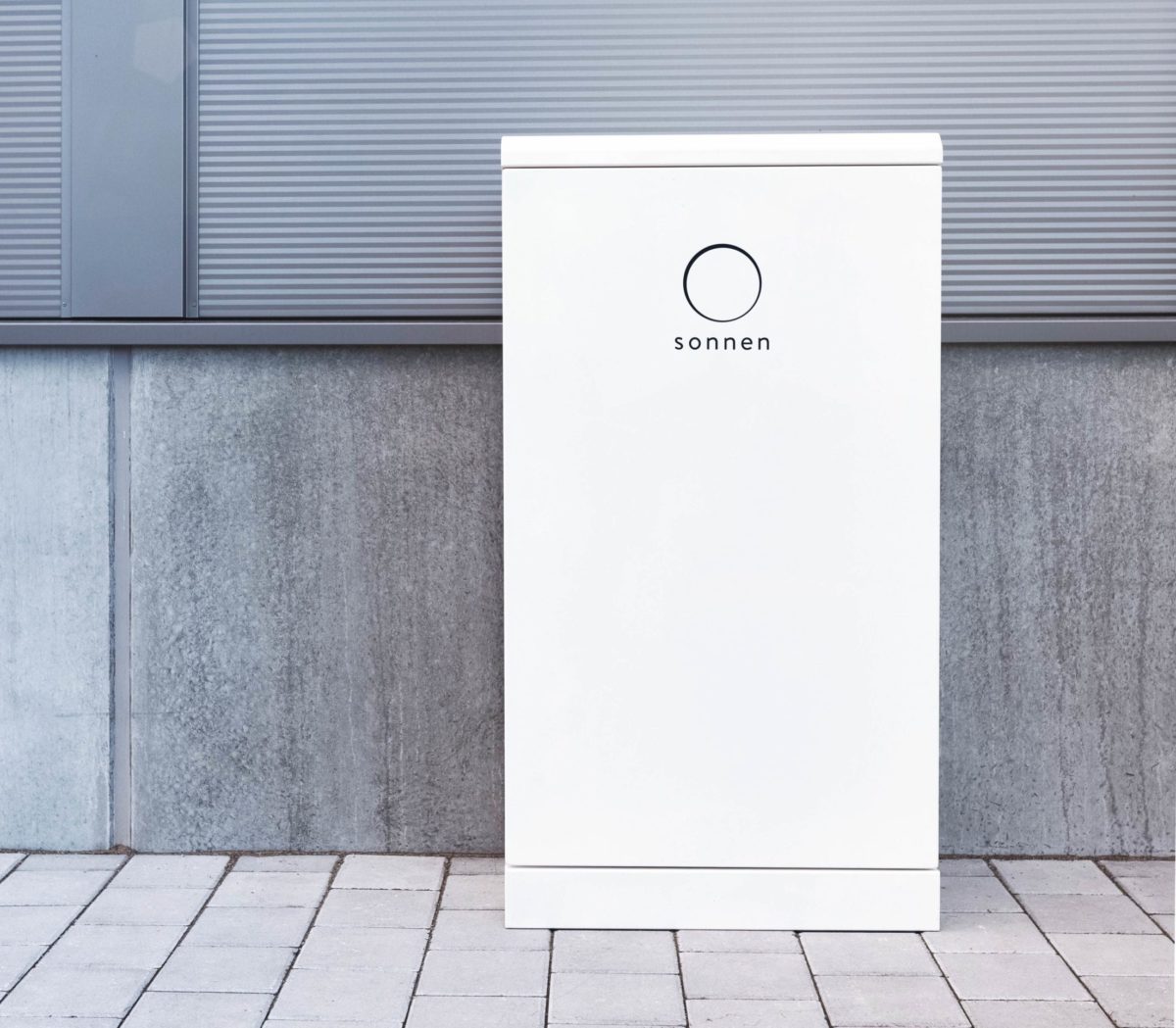


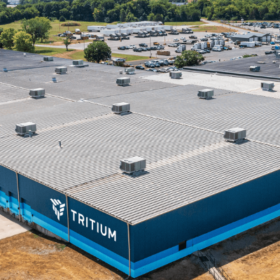
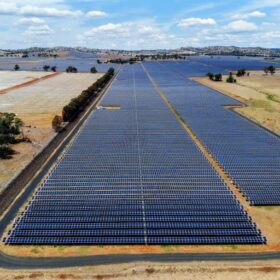
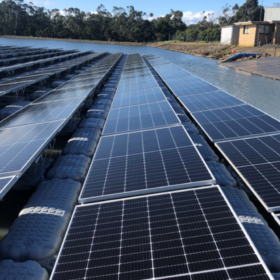
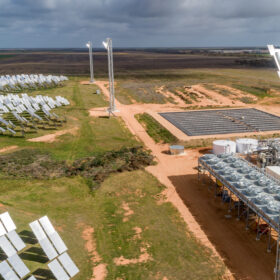
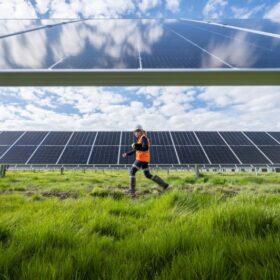
Prices mentioned are USD or AUD?
Hi Anders, the prices are in AUD. Cheers!